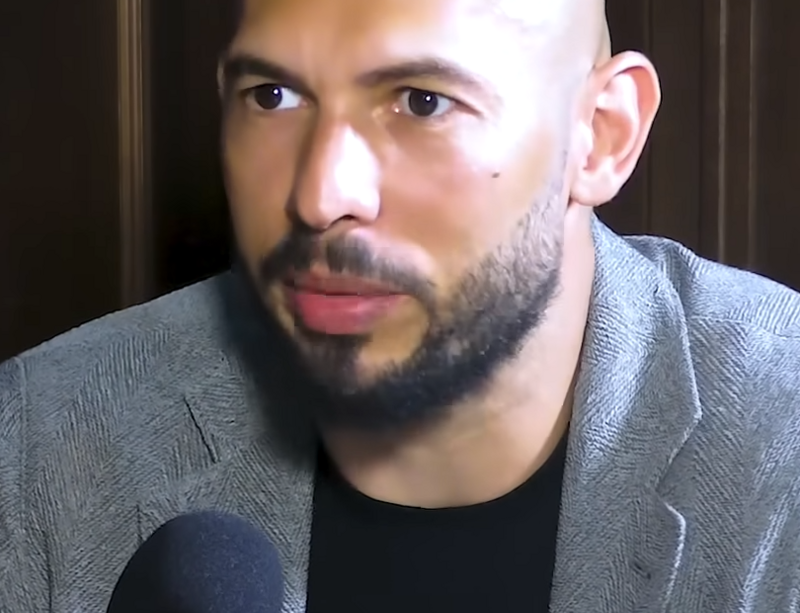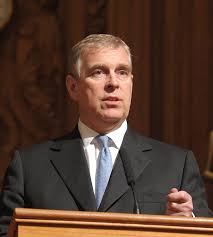Understanding Who Andrew Tate Is: Career and Controversies

Introduction
Andrew Tate, a British-American social media influencer, entrepreneur, and former kickboxer, has garnered significant attention over the years due to his controversial views and lifestyle. Understanding who Andrew Tate is, requires not just a look at his career achievements but also the public response to his statements and opinions on various topics. His rising fame has positioned him as a polarising figure, sparking conversations about masculinity, success, and societal norms.
Background and Career
Born on December 1, 1987, in Washington, D.C., Andrew Tate grew up in both the United States and the United Kingdom. He began his career in martial arts, quickly becoming a successful kickboxer, winning multiple world championships. After his athletic career, Tate ventured into business, pursuing various entrepreneurial activities, including online coaching programs that focus on financial independence and self-improvement. He is also known for his luxury lifestyle, often showcasing expensive cars, travel, and opulence on social media.
Controversies and Public Reception
Tate has become a controversial figure largely due to his outspoken views on gender roles and relationships, often described as misogynistic by critics. His statements on platforms like Twitter and TikTok have led to bans from several social media sites, with many calling for further action against his content. Tate’s followers, however, argue that he promotes personal responsibility and resilience, resonating with a segment of young men striving for success in the modern world.
Legal Issues
In 2022, Andrew Tate and his brother Tristan were arrested in Romania on charges of human trafficking and forming an organised crime group, igniting widespread media attention. Tate has consistently denied these allegations, claiming they are part of a larger campaign against him. As legal proceedings continue, public opinions about Tate remain sharply divided, with some viewing him as a victim of media persecution and others as perpetuating detrimental societal norms.
Conclusion
Understanding who Andrew Tate is involves examining both his achievements and the controversies that surround him. His impact on social media, particularly among young men, has contributed to discussions on various societal issues, including masculinity and personal fulfilment. As Tate’s legal challenges unfold, the future of his influence and the broader conversation about masculinity in contemporary society remains uncertain. For readers, engaging with Tate’s narrative serves as an entry point into the complexities of modern discourse around identity and societal expectations.









